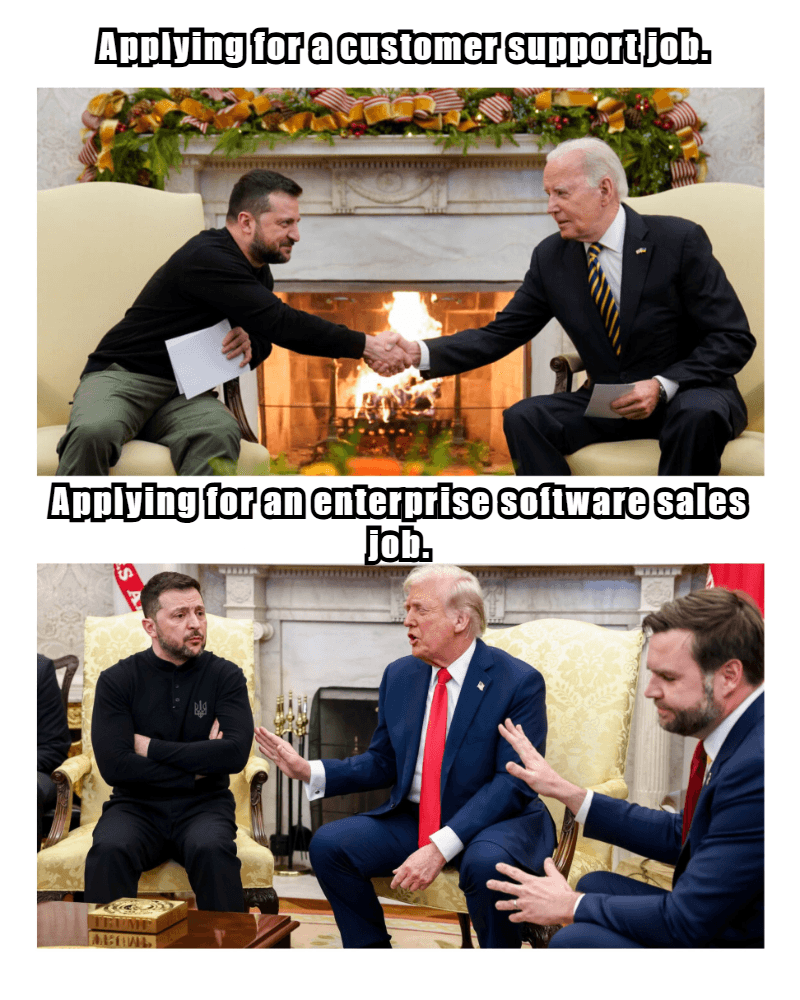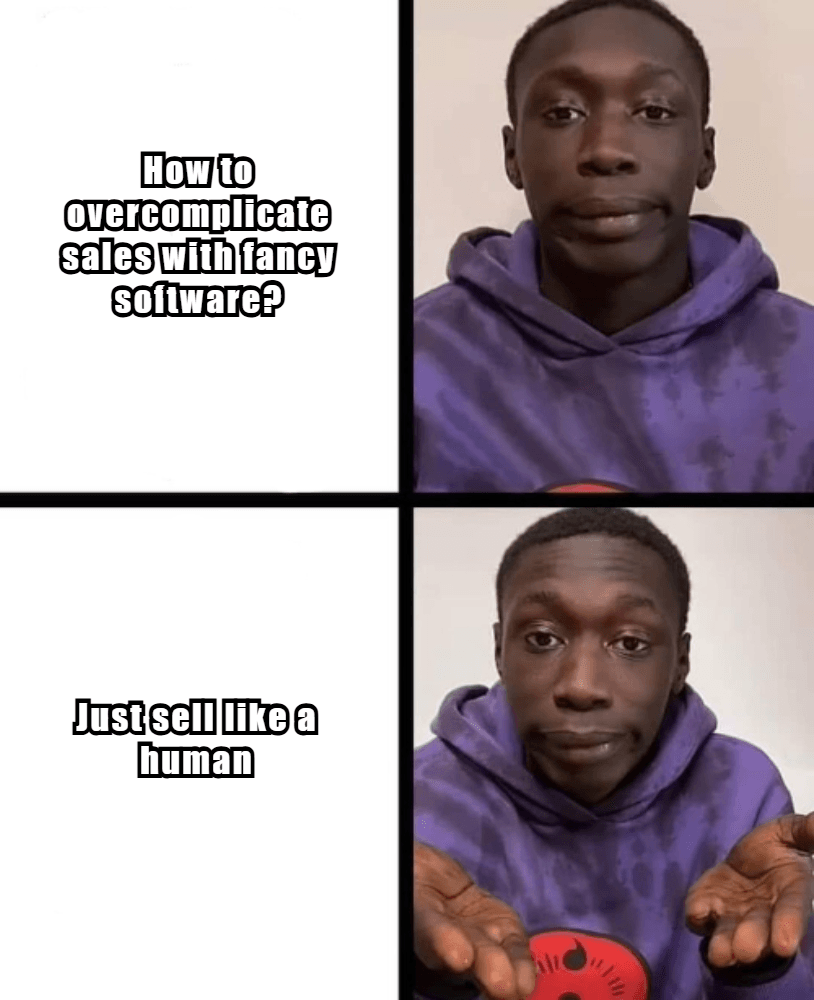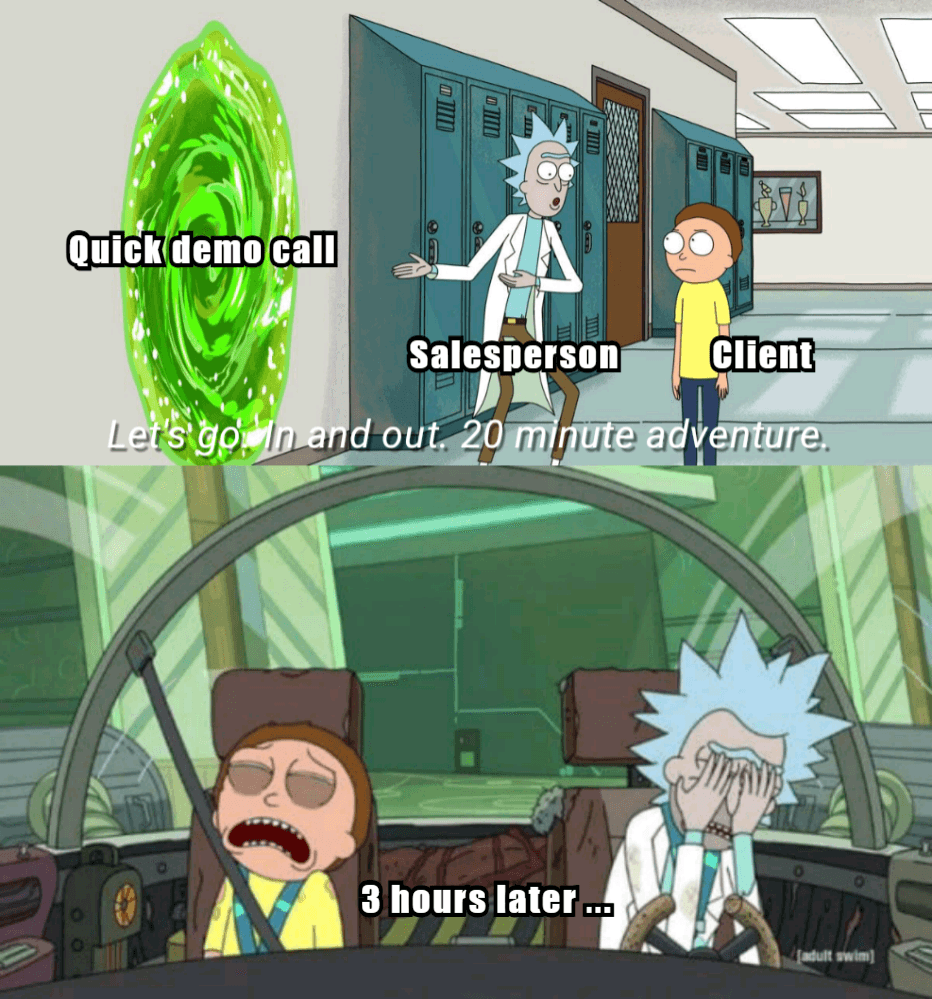Enterprise Software Sales Jobs: Unlocking Opportunities
In today's rapidly evolving technological landscape, enterprise software sales jobs have emerged as a lucrative and dynamic career path. As businesses increasingly rely on sophisticated software solutions to streamline operations and drive growth, the demand for skilled professionals who can navigate the complex world of enterprise software sales continues to soar. This comprehensive guide explores the ins and outs of enterprise software sales jobs, providing valuable insights for those looking to enter or advance in this exciting field.
Understanding Enterprise Software Sales
Enterprise software sales involve selling complex, high-value software solutions to large organizations. Unlike consumer software, enterprise software is designed to meet the specific needs of businesses, often requiring customization and integration with existing systems. This complexity makes enterprise software sales a challenging yet rewarding career choice.
Enterprise software sales professionals play a crucial role in connecting software developers with potential customers, helping businesses identify and implement solutions that can transform their operations. According to recent studies, the global enterprise software market is projected to reach $634.6 billion by 2026, highlighting the immense opportunities in this field.
Key Skills for Success in Enterprise Software Sales

To thrive in enterprise software sales jobs, professionals need a unique blend of technical knowledge, business acumen, and interpersonal skills. Some essential skills include:
Deep product knowledge: Understanding the technical aspects and benefits of the software being sold is crucial.
Strong communication skills: The ability to explain complex concepts in simple terms is vital for success.
Problem-solving abilities: Identifying client needs and proposing tailored solutions is a key part of the job.
Relationship building: Developing and maintaining long-term relationships with clients is essential in enterprise sales.
Negotiation skills: Closing high-value deals often requires adept negotiation abilities.
Industry knowledge: Understanding the client's industry and its specific challenges is crucial for effective selling.
Types of Enterprise Software Sales Roles

The enterprise software sales field offers a variety of roles, catering to different experience levels and skill sets:
Sales Development Representative (SDR)
SDRs are often entry-level positions focused on lead generation and qualification. They play a crucial role in the sales pipeline by identifying potential clients and setting up initial meetings for account executives.
Account Executive (AE)
AEs are responsible for managing the entire sales process, from initial contact to closing the deal. They work closely with clients to understand their needs and propose appropriate solutions.
Solutions Consultant/Sales Engineer
These roles bridge the gap between sales and technical teams, providing in-depth product knowledge and technical expertise during the sales process.
Enterprise Sales Manager
Sales managers oversee a team of sales representatives, providing guidance, setting targets, and developing strategies to meet organizational goals.
VP of Sales
At the executive level, VPs of Sales are responsible for overall sales strategy, team performance, and contributing to the company's growth objectives.
The Enterprise Software Sales Process

Understanding the sales process is crucial for success in enterprise software sales jobs. The typical process includes:
- Prospecting: Identifying potential clients through research and networking.
- Qualification: Assessing whether a lead is a good fit for the product and has the budget and authority to make a purchase.
- Discovery: Understanding the client's specific needs and challenges through in-depth conversations.
- Solution presentation: Demonstrating how the software can address the client's pain points.
- Negotiation: Discussing terms, pricing, and customization options.
- Closing: Finalizing the deal and securing the client's commitment.
- Implementation and follow-up: Ensuring smooth onboarding and maintaining the relationship for future opportunities.
Compensation in Enterprise Software Sales

One of the most attractive aspects of enterprise software sales jobs is the potential for high earnings. Compensation typically includes a base salary plus commission, with top performers often earning well into six figures.
According to recent data, the average base salary for enterprise software sales representatives in the United States is around $87,950, with total compensation (including commissions) often reaching $150,000 or more for experienced professionals.
Career Growth and Advancement
Enterprise software sales offers excellent opportunities for career advancement. A typical career progression might look like this:
SDR → Account Executive → Senior Account Executive → Sales Manager → VP of Sales
Many professionals also transition into related fields such as product management, marketing, or consulting, leveraging their deep understanding of enterprise software and client needs.
Challenges in Enterprise Software Sales
While rewarding, enterprise software sales jobs come with their own set of challenges:
Long sales cycles: Enterprise deals can take months or even years to close, requiring patience and persistence.
Complex decision-making processes: Multiple stakeholders are often involved in purchasing decisions, necessitating adept relationship management.
Rapidly evolving technology: Staying up-to-date with the latest software developments and industry trends is crucial.
High-pressure environment: Meeting sales quotas and targets can be stressful, especially in competitive markets.
Balancing technical knowledge with sales skills: Success requires both in-depth product understanding and strong sales abilities.
The Future of Enterprise Software Sales Jobs
The future looks bright for enterprise software sales professionals. As businesses continue to digitize and adopt new technologies, the demand for skilled sales representatives who can navigate the complex world of enterprise software is expected to grow.
- Emerging trends shaping the future of enterprise software sales include:
- Increased focus on cloud-based solutions
- Growing importance of AI and machine learning capabilities
- Rising demand for industry-specific software solutions
- Emphasis on data security and compliance features
Professionals who stay ahead of these trends and continuously update their skills will be well-positioned for success in the evolving landscape of enterprise software sales.
In conclusion, enterprise software sales jobs offer a dynamic and potentially lucrative career path for those with the right mix of technical knowledge, business acumen, and interpersonal skills. As businesses continue to invest in digital transformation, the demand for skilled enterprise software sales professionals is set to grow, presenting exciting opportunities for career growth and advancement. By staying informed about industry trends, continuously developing their skills, and focusing on building strong client relationships, professionals in this field can position themselves for long-term success in the thriving world of enterprise software sales.
FAQ
Q1: What qualifications do I need for a career in enterprise software sales?
A: While a bachelor's degree is often preferred, many companies value sales experience and industry knowledge over formal education. Strong communication skills, technical aptitude, and a willingness to learn are crucial.
Q2: How long does it typically take to close an enterprise software deal?
A: Enterprise software sales cycles can vary widely, ranging from a few months to over a year, depending on the complexity of the solution and the client's decision-making process.
Q3: What's the difference between enterprise and SMB software sales?
A: Enterprise sales typically involve larger, more complex deals with longer sales cycles and multiple decision-makers. SMB (Small and Medium Business) sales are usually simpler, with shorter cycles and fewer stakeholders involved.
Q4: How important is industry-specific knowledge in enterprise software sales?
A: Industry knowledge is highly valuable, as it helps sales professionals understand client challenges and propose more relevant solutions. Many successful enterprise software sales reps specialize in specific industries.